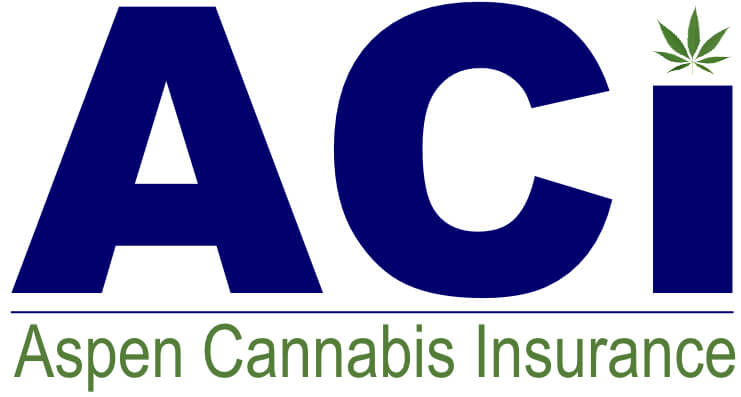
Chemical Hazards in the Cannabis Workplace
Although most business owners understand that OSHA regulates occupational safety, many do not know that the Environmental Protection Agency (EPA) and local authorities – including fire jurisdictions – also regulate chemical safety.
It has been a decade since Colorado legalized cannabis for recreational use, but the industry still has a long way to go to ensure the safety of marijuana cultivators, extractors, lab workers, and retail representatives effectively and consistently.
Industry workers and business owners do not always understand or quantify the risks represented by exposure to occupational safety hazards in all stages of cannabis production. One such risk is exposure to disinfecting compounds, pesticides, nutrients, and other chemical compounds. Cannabis employers are subject to the same OSHA regulations applied to other industries.
Cannabis Chemical Hazards
Marijuana workers are exposed to chemical hazards in the production process and as part of housekeeping procedures. Some of those hazards include:
- Carbon dioxide: At high concentrations, carbon dioxide acts as a simple asphyxiant. Workers exposed to high levels can also suffer burns.
- Carbon monoxide: Exposure can result in carbon monoxide poisoning.
- Pesticides: Marijuana cultivation facilities often use insecticides and fungicides. The EPA Federal Insecticide, Fungicide, and Rodenticide Act provides standards and guidance for the safe handling, storage, and application of pesticides to avoid pesticide poisoning, which has multiple health effects, including cancer.
- Volatile organic compounds: These can cause eye, nose, and throat irritation; headaches; vomiting; dizziness; and worsening asthma symptoms. Long-term exposure can cause additional health effects, including kidney and liver impacts, respiratory impacts, and cancers.
- Nutrients and corrosive materials: In the cannabis industry, the practice of mixing nutrients during the cultivation stage to improve the quality of the plant is increasing. However, the raw materials used to formulate nutrients may cause acute and chronic health effects. The most common corrosives include hydrochloric acid, phosphoric acid, sulfuric acid, ammonium hydroxide, potassium hydroxide and sodium hydroxide.
- Cleaning products: Chemical products used for cleaning indoor environments and surfaces can cause respiratory or skin irritation, burns, irritation of eyes, and asthma. Improper mixing of chemicals can cause severe lung damage.
- Butane: Extracting using butane is cost effective, but it also presents higher hazardous risks. OSHA, EPA, and fire departments prohibit open releases of butane into the atmosphere during extractions.
Hazard of Indoor Air Quality
Although no OSHA standards exist for indoor air quality, the Center for Disease Control and Prevention recently issued guidelines during the COVID-19 pandemic that apply to marijuana workplaces.
When workers perform cultivation indoors, there are hazards from pesticides, carbon dioxide, and cleaning compounds. In addition, mold, yeast, and fungi are serious health threats during cultivation and extraction/trimming. These chemical hazards can cause allergic reactions, coughing, wheezing and nasal congestion, as well as throat, eye, and skin irritation.
A certified industrial hygienist can monitor air quality to determine spore levels. Individuals with preexisting respiratory conditions may be more susceptible to reactions to mold.
A certified industrial hygienist can also help cannabis business owners identify workplace safety and health hazards that need remedying to make sure the company follows OSHA and EPA regulations and standards. The consultant can also perform a safety audit to objectively analyze the procedures in place to keep workers safe. A safety audit provides documented findings that the company’s management team can use as a roadmap to improve safety.
Improving safety is part of a general risk reduction strategy keeping employees and workers safe. Safety contributes not only to a positive work environment but also reduces the cost of reduced efficiency due to employee absence and loss from illness and disability.
Aspen Cannabis Insurance is in Denver, CO, and services clients nationwide. We are a family-run business working with multiple insurance carriers to offer our customers the coverage they need at the lowest possible cost. We offer a wide range of personal, commercial, and professional insurance to residential and commercial customers enabling the cheapest rates available. Call to speak to one of our insurance professionals and see how painless insurance shopping can be.
